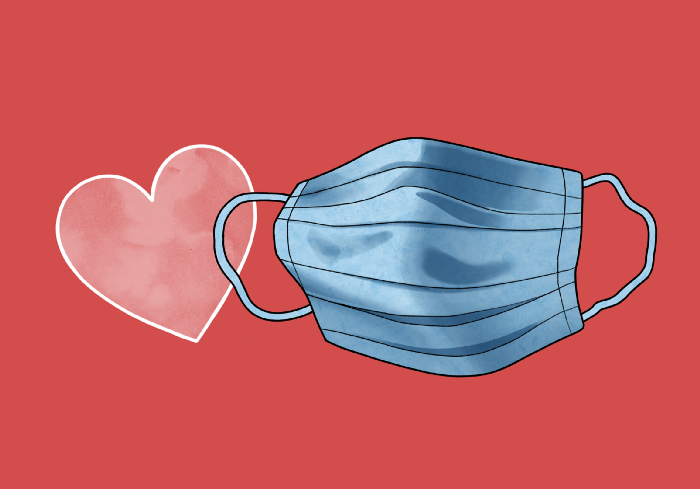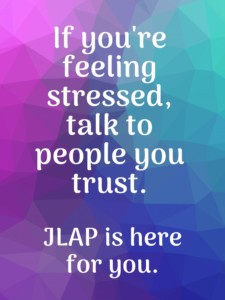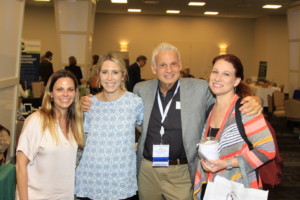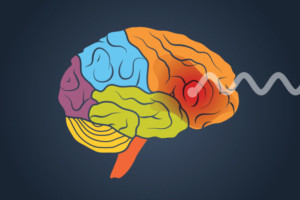Covid-19 Information and Resources for Legal Professionals
FindLaw’s Covid-19 resource center contains updated information and articles law firms and legal professionals can use during the novel coronavirus outbreak. Below you can find information on working remotely, managing clients, and the legal issues surrounding COVID-19.

FindLaw has significant information available on how to advise clients, manage staff, and work securely away from the office.
You can also assuage clients and answer their questions. From contract disputes to employment to immigration, Covid-19 will have a long-lasting impact on people’s daily lives. The pandemic will result in a host of issues requiring legal assistance.

 People in recovery can teach us a lot about making it through tough times with strength and dignity.
People in recovery can teach us a lot about making it through tough times with strength and dignity. 




 Does yo-yo dieting drive compulsive eating? There may be a connection.
Does yo-yo dieting drive compulsive eating? There may be a connection.